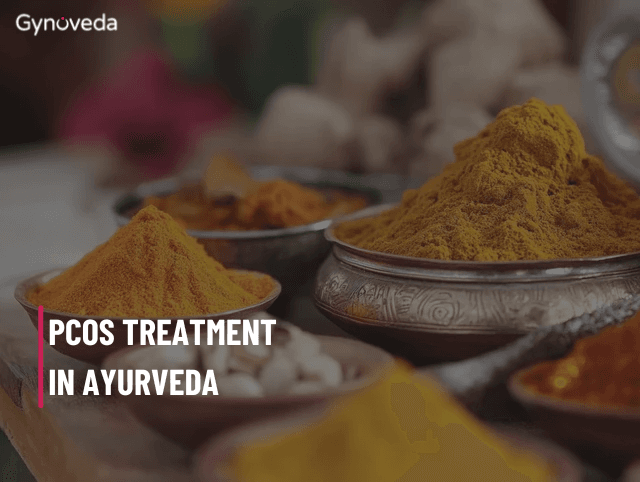Gynoveda's Blogs on PCOS-PCOD: Ayurveda for Health

पीसीओडी (PCOD) कैसे होता है? कारण, लक्षण और आयुर्वेदिक इलाज
Read More...

PCOD kya hota hai: पीसीओडी: लक्षण, कारण, उपचार
Read More...

Tips for Weight Loss in 1 Month with PCOS: Dietary & Lifestyle Changes
Read More...

Top 10 Tips to Get Pregnant with PCOS Quickly
Read More...

Top 10 PCOS Symptoms in Unmarried Girls - How to Improve Naturally
Read More...

Can PCOS Be Cured? How to Treat PCOS Permanently
Read More...
Conceive Naturally with Gynoveda Ayurvedic Fertility
No need to worry, your data is 100% safe with us!

Lean PCOS: Symptoms, Causes, Treatment
Read More...

PCOS Treatment in Ayurveda: A Complete Guide
Read More...

Can Poly Cystic Ovarian Disorder (PCOD) Affect Your Menstrual Cycle?
Read More...

What is Bilateral PCOS/PCOD? Early Signs & Causes Explained!
Read More...
Planning For A Baby?
India's 1st Ayurveda Fertility Clinic
20K+ Couples Became Parents
Rated 4.6/5 By 13K+ Happy Parents

